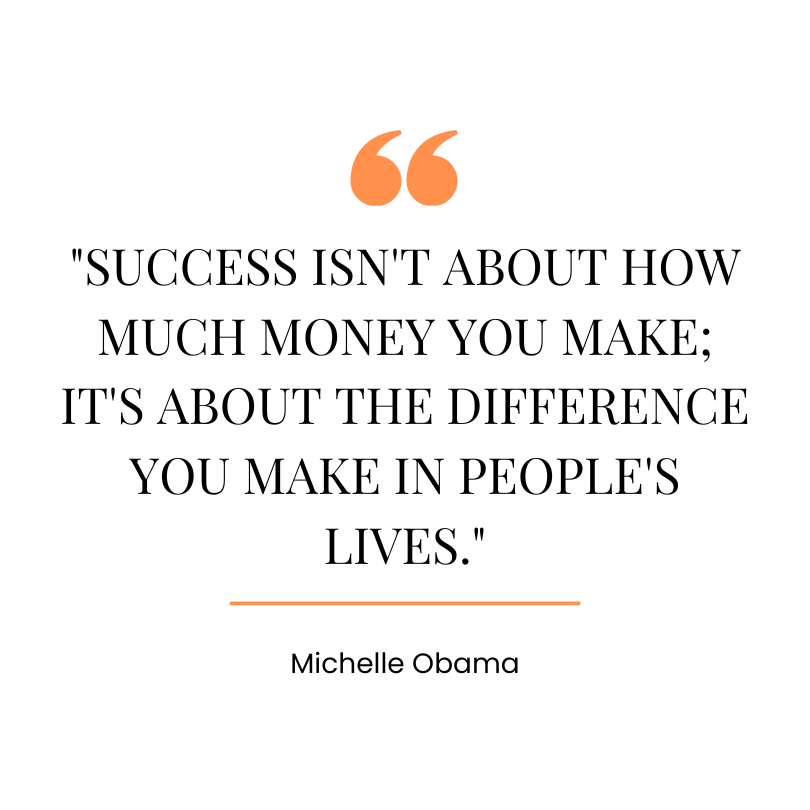Introduction:
In today’s job market, networking is often considered the secret weapon of successful job seekers. It’s not just about what you know; it’s also about who you know. Building and maintaining a strong professional network can open doors to job opportunities, provide valuable insights, and enhance your career in ways you might never have imagined. In this blog post, we’ll explore the art of networking for job seekers and provide actionable tips to help you master this essential skill.
Why Networking Matters?
Before we dive into the “how” of networking, let’s first understand the “why.” Networking is more than just schmoozing at social events; it’s about establishing genuine connections with people in your industry. Here’s why networking is crucial for job seekers:
- Industry Insights: Networking allows you to stay updated on industry trends, changes, and news. This knowledge can make you a more informed and attractive candidate during interviews.
- Professional Development: Connecting with experienced professionals can provide mentorship and guidance, helping you grow in your career.
- Boosted Confidence: Networking helps improve your communication and interpersonal skills, boosting your confidence during interviews and other professional interactions.
Tips for Successful Networking
Now that we’ve established the importance of networking, let’s explore how to do it effectively:
1. Set Clear Goals:
Define your networking goals. Are you looking for a job in a specific company? Seeking career advice? Want to expand your industry knowledge? Having clear objectives will help you tailor your networking efforts.
2. Attend Networking Events:
Participate in industry-related events, conferences, webinars, and local meetups. These gatherings are excellent opportunities to meet like-minded professionals. Don’t forget to bring your business cards.
3. Utilize Online Platforms:
In today’s digital age, platforms like LinkedIn are invaluable for networking. Ensure your LinkedIn profile is complete and professional. Connect with colleagues, alumni, and industry peers. Engage in meaningful conversations.
4. Be a Good Listener:
Effective networking is not just about talking but also about listening. Show genuine interest in others, ask open-ended questions, and listen actively. This will help you establish deeper connections.
5. Give Before You Receive:
Networking is a two-way street. Offer help and support to your contacts without expecting an immediate return. Building goodwill can lead to future opportunities.
6. Follow Up:
After meeting someone at an event or connecting online, send a personalized follow-up message. Express your appreciation for the conversation and express your interest in staying connected.
7. Join Professional Organizations:
Consider joining industry-specific associations or groups. These organizations often host networking events and provide additional resources for career development.
8. Be Patient:
Building a robust network takes time. Don’t get discouraged if you don’t see immediate results. Keep nurturing your relationships.
9. Practice Elevator Pitch:
Prepare a concise and compelling elevator pitch that introduces you and your career goals. You’ll use this at networking events and when meeting new contacts.
10. Seek Mentorship:
Don’t hesitate to approach experienced professionals for mentorship. A mentor can provide valuable guidance and help you navigate your career path.
11. Access to Hidden Opportunities:
Many job openings are never advertised. Instead, they’re filled through referrals and recommendations. By expanding your network, you increase your chances of hearing about these unadvertised positions.

Networking is a skill that can significantly impact your job search and career progression. By mastering the art of networking, you’ll be better equipped to find hidden job opportunities, gain industry insights, and build valuable relationships that can propel your career to new heights. Start today by setting your networking goals and taking active steps to expand your professional network. Remember, it’s not just about what you know; it’s also about the connections you build along the way.


